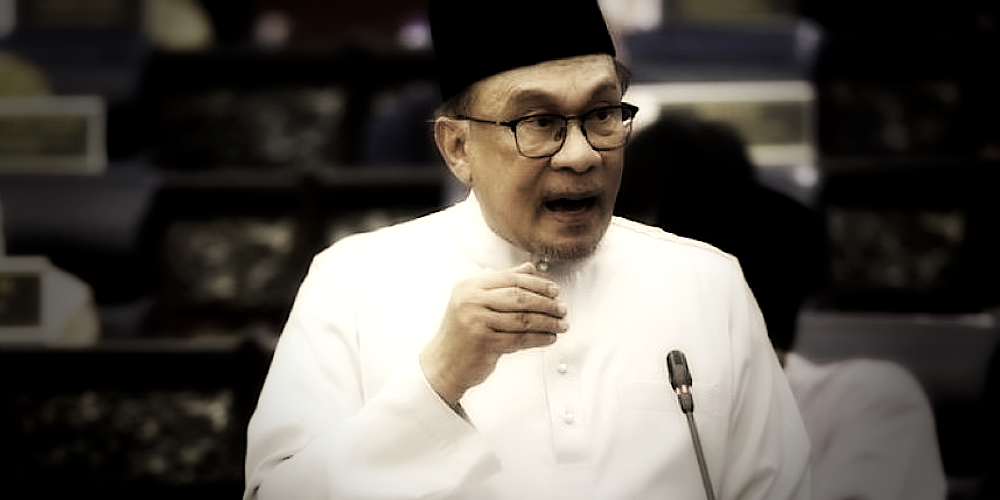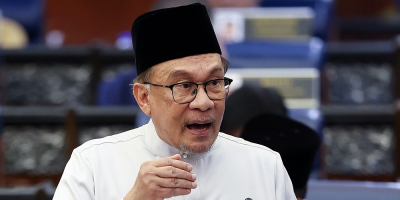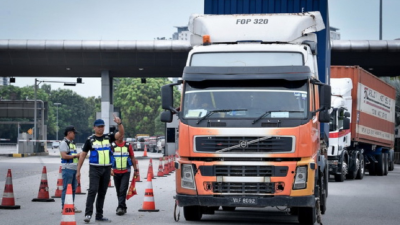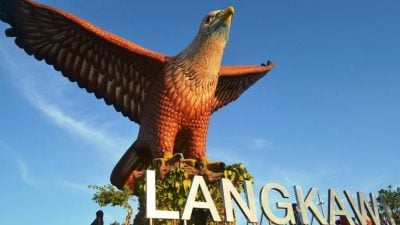
On October 18, the government announced Malaysia’s Budget 2025, a substantial RM420 billion allocation aimed at addressing the needs of Malaysians today while laying the groundwork for a stronger economy tomorrow.
With key focus areas such as wage adjustments, healthcare, education and targeted subsidies, this budget shows a commitment to addressing urgent challenges and fostering an inclusive, resilient economy.
A prominent measure in Budget 2025 is the increase in the minimum wage to RM1,700 per month, set to take effect from February 2025.
While this is a welcome relief for many Malaysians struggling with the cost of living, the policy presents challenges for small and micro SMEs which often operate on very thin profit margins.
Recognising this, the government has allowed a six-month deferment for micro businesses with fewer than five employees, but some businesses may still find the wage increase a strain.
Ensuring that small businesses can navigate these changes successfully will require further support such as productivity-enhancing initiatives and skill development programs that help these enterprises remain competitive and sustainable.
The allocation of RM43 billion to healthcare signals the government’s intent to improve Malaysians’ health outcomes, recognising that healthcare is crucial to both individual well-being and economic productivity.
Expanded tax relief on medical expenses, increased support for families with dependents who have learning disabilities, and funding for critical illness treatments show a holistic approach.
However, as healthcare costs rise, ensuring that these allocations are both impactful and sustainable will be a key challenge.
Another encouraging aspect of the budget is the RM650 million allocated for women entrepreneurs and for supporting women re-entering the workforce.
This funding aims to create more opportunities for women in the economy, a crucial step in unlocking Malaysia’s full economic potential.
Yet, for these efforts to have a lasting effect, barriers such as access to affordable childcare and equal career advancement opportunities must also be addressed.
Education, with RM58 billion in allocated funds, remains a cornerstone of Malaysia’s long-term growth strategy.
The budget emphasises technical and vocational education and training (TVET), aligning with the nation’s goal of developing a workforce skilled in digital technology, engineering, and other growth sectors.
Additionally, continued tax relief for early childhood education reflects an understanding of the foundational role of early learning.
Yet, the success of these initiatives depends on how well Malaysia’s education system aligns with evolving industry demands, ensuring that graduates are equipped for a competitive job market
Housing affordability remains high on the agenda, with tax relief reintroduced on housing loan interest for homes under RM500,000 and additional relief for properties up to RM750,000.
These measures are meant to help young Malaysians achieve home ownership and build wealth over time.
However, to fully address housing affordability, it will be essential to tackle supply constraints and rising land prices, especially in urban areas, where demand remains high.
The government’s rationalisation of fuel subsidies, targeting support toward the bottom 85 per cent of income earners while excluding non-citizens, reflects an effort to make subsidy distribution fairer while managing public finances.
However, there are concerns about how this will affect households already coping with rising costs, especially if fuel prices increase.
Careful monitoring and adjustment will be needed to prevent any unintended hardships for lower-income Malaysians.
Direct cash assistance through programs such as Sumbangan Tunai Rahmah (STR) and Sumbangan Asas Rahmah (SARA), totalling RM13 billion, offer immediate financial support to low-income households.
These initiatives can help Malaysians manage economic uncertainties, though questions remain about whether cash assistance alone can address long-term economic disparities.
Linking financial aid with skills training and employment support could empower recipients to achieve financial independence over time.
Budget 2025 reflects an optimistic vision for Malaysia’s future, balancing immediate needs with the groundwork for sustained growth.
While the selected measures discussed here demonstrate the government’s intent to create a resilient and inclusive economy, the success of these initiatives will depend on effective implementation and adaptability as our economic landscape evolves.
Structural issues in areas such as healthcare, education, housing, and workforce inclusion must be continuously addressed.
As Malaysia moves forward, a balance between immediate relief and long-term growth strategies will be crucial for building a Malaysia that works for all.

(Goh Lim Thye, Department of Economics, Universiti Malaya.)
ADVERTISEMENT
ADVERTISEMENT








































